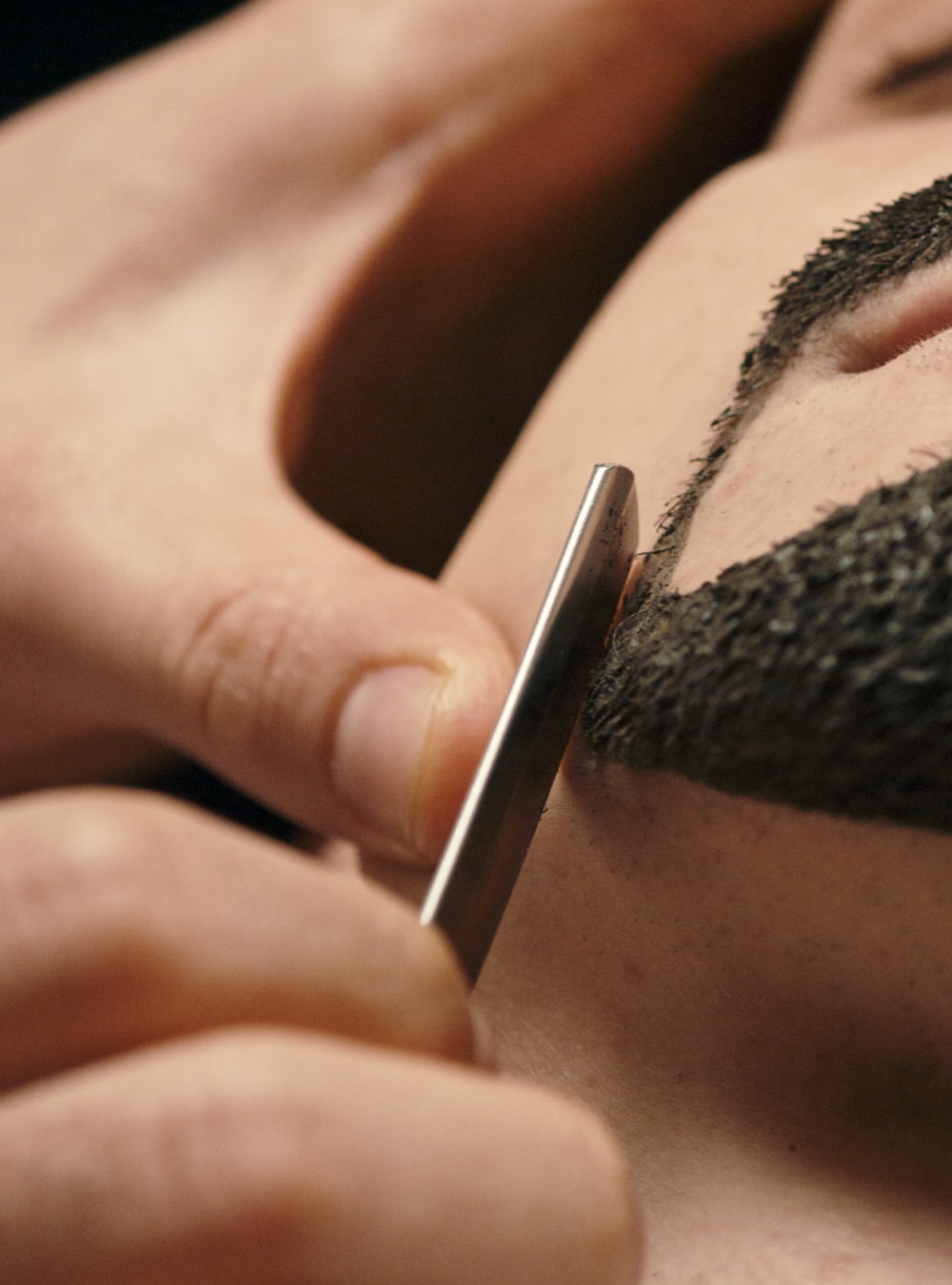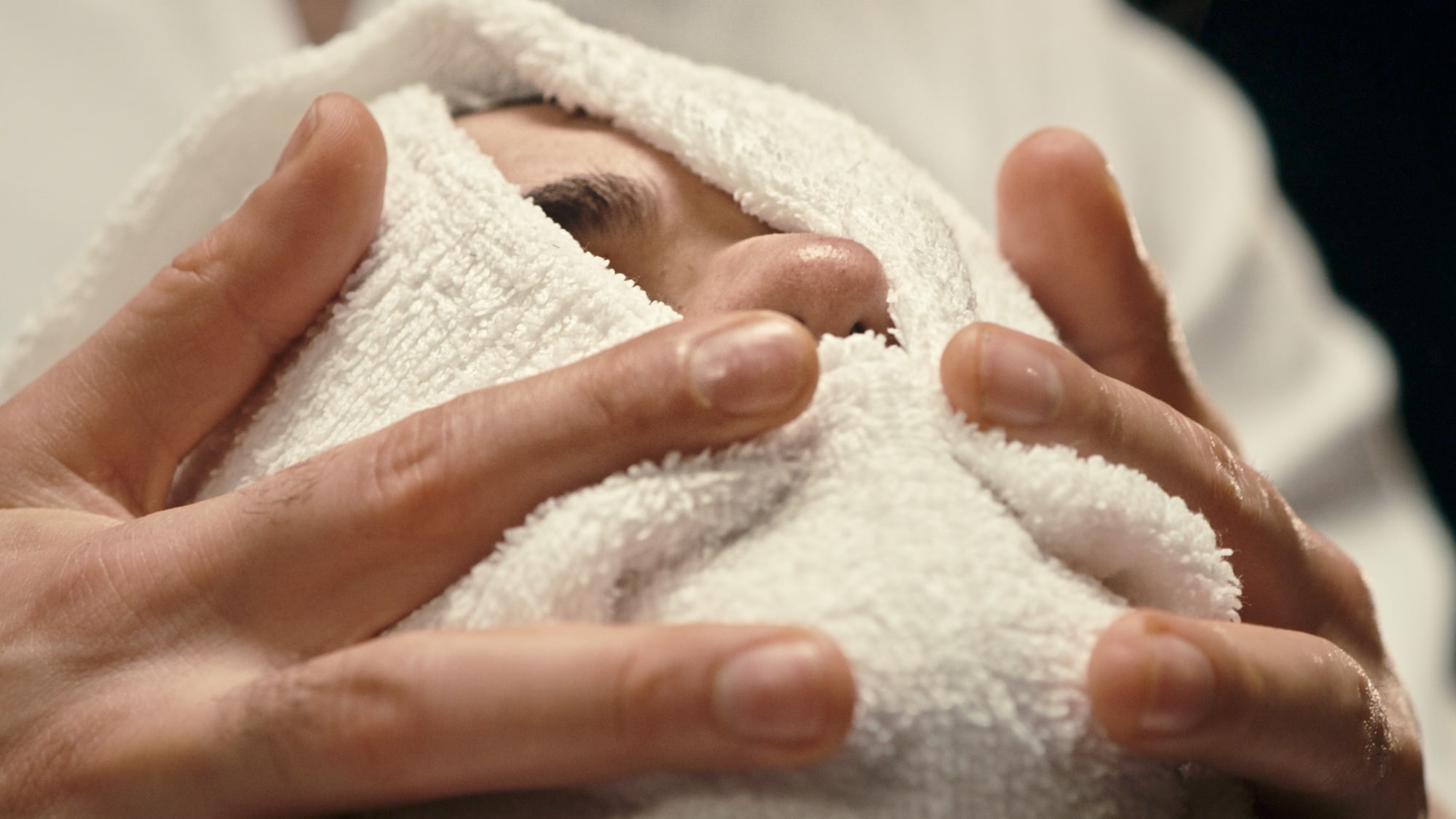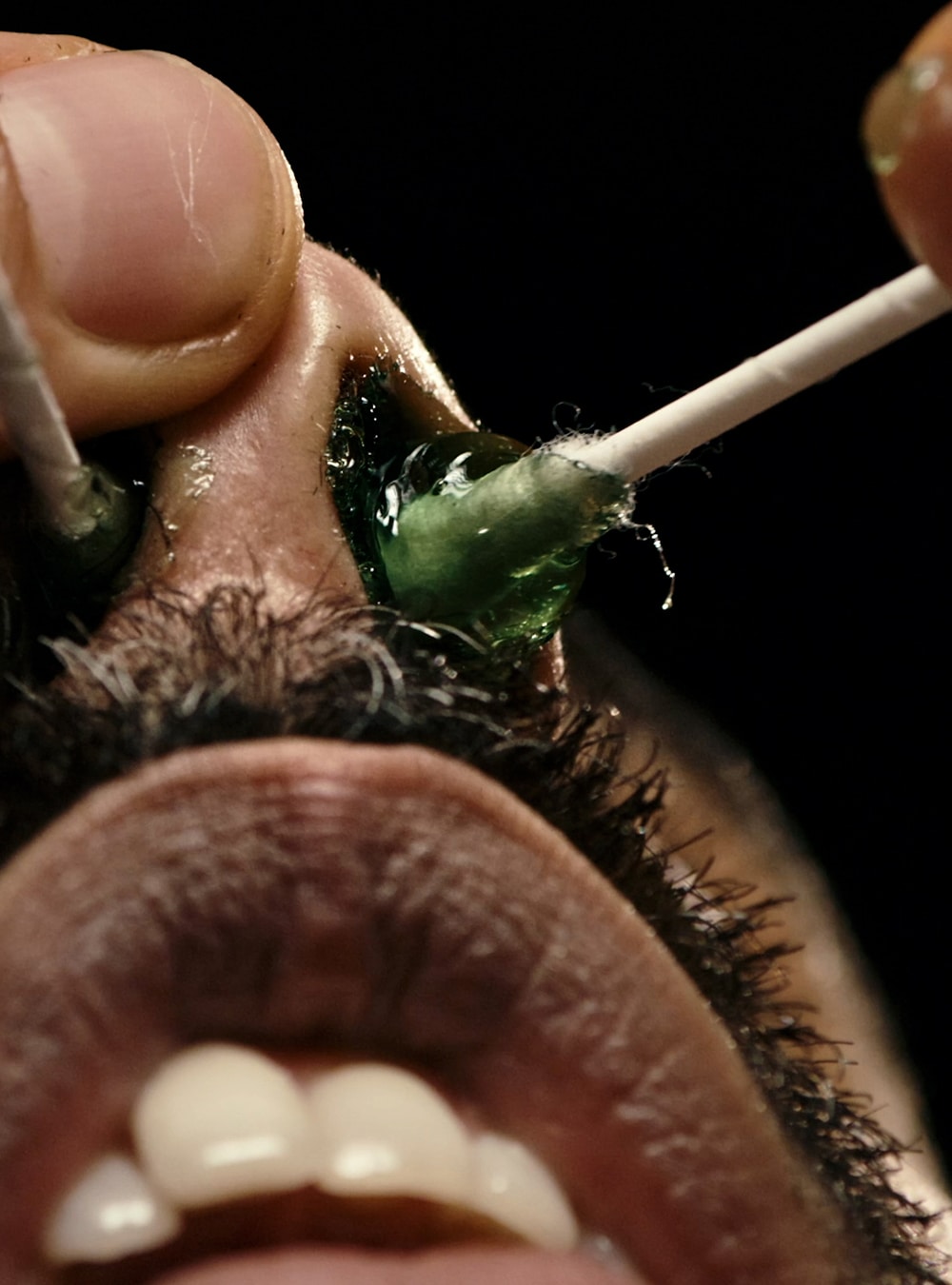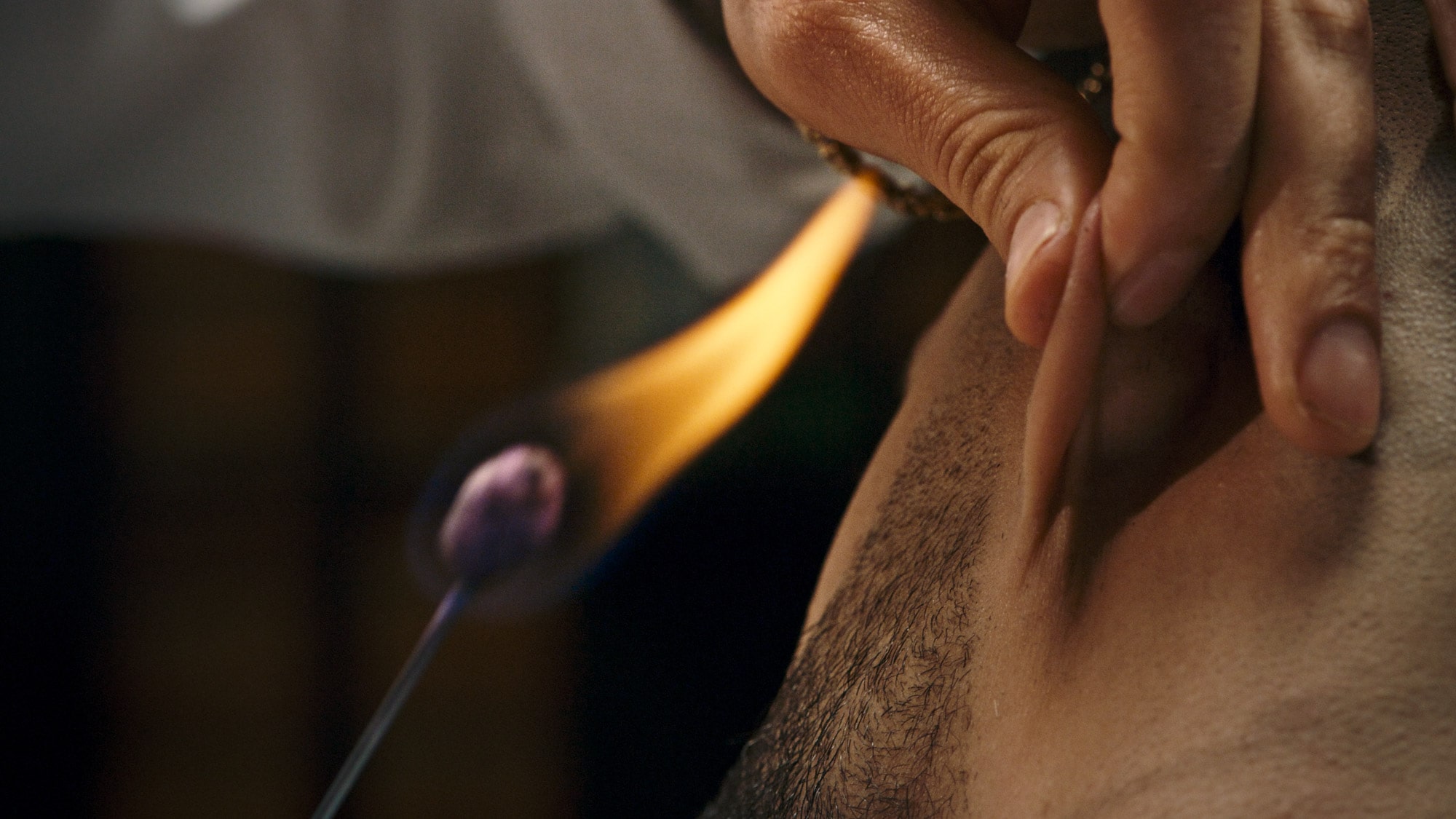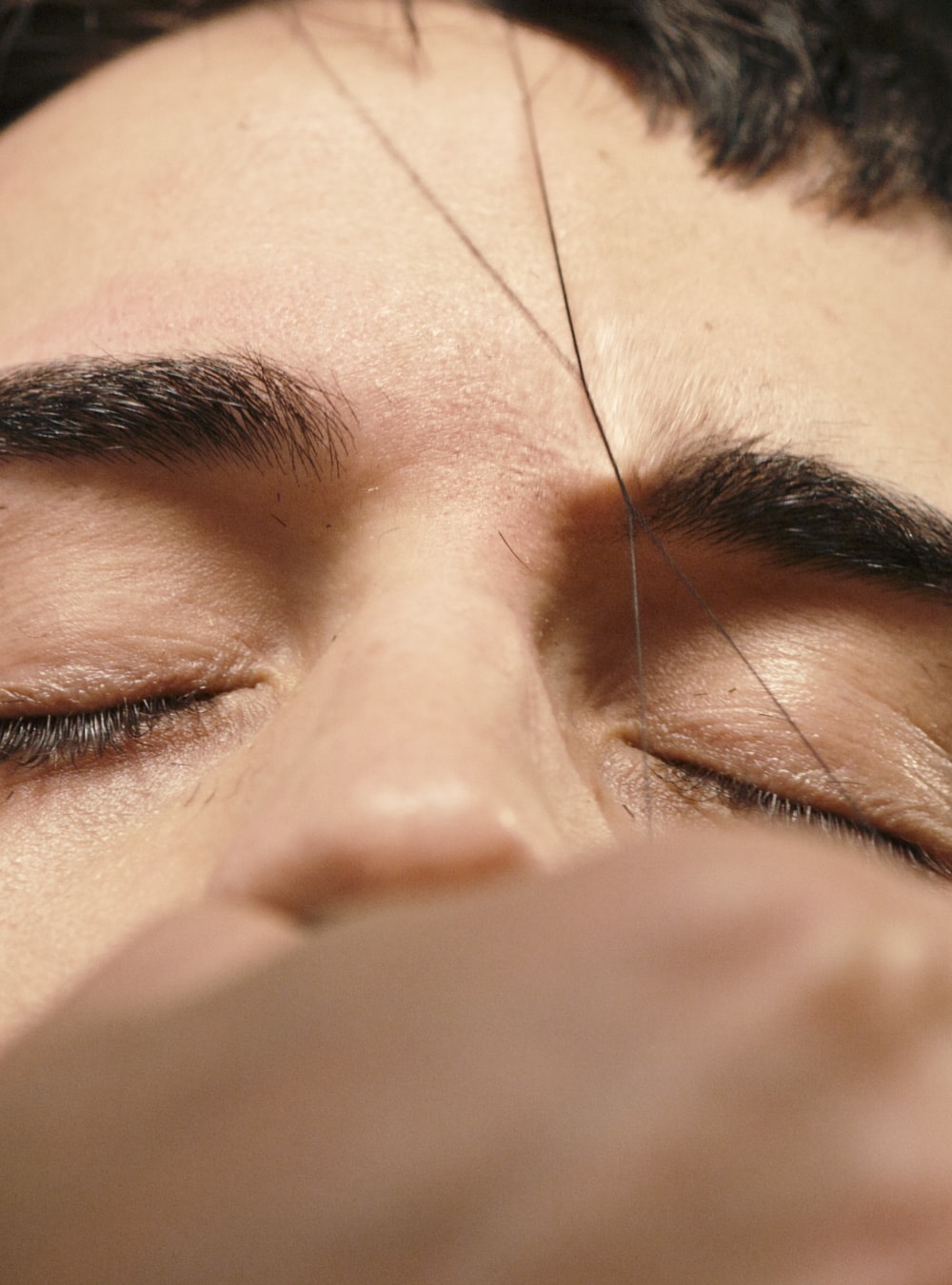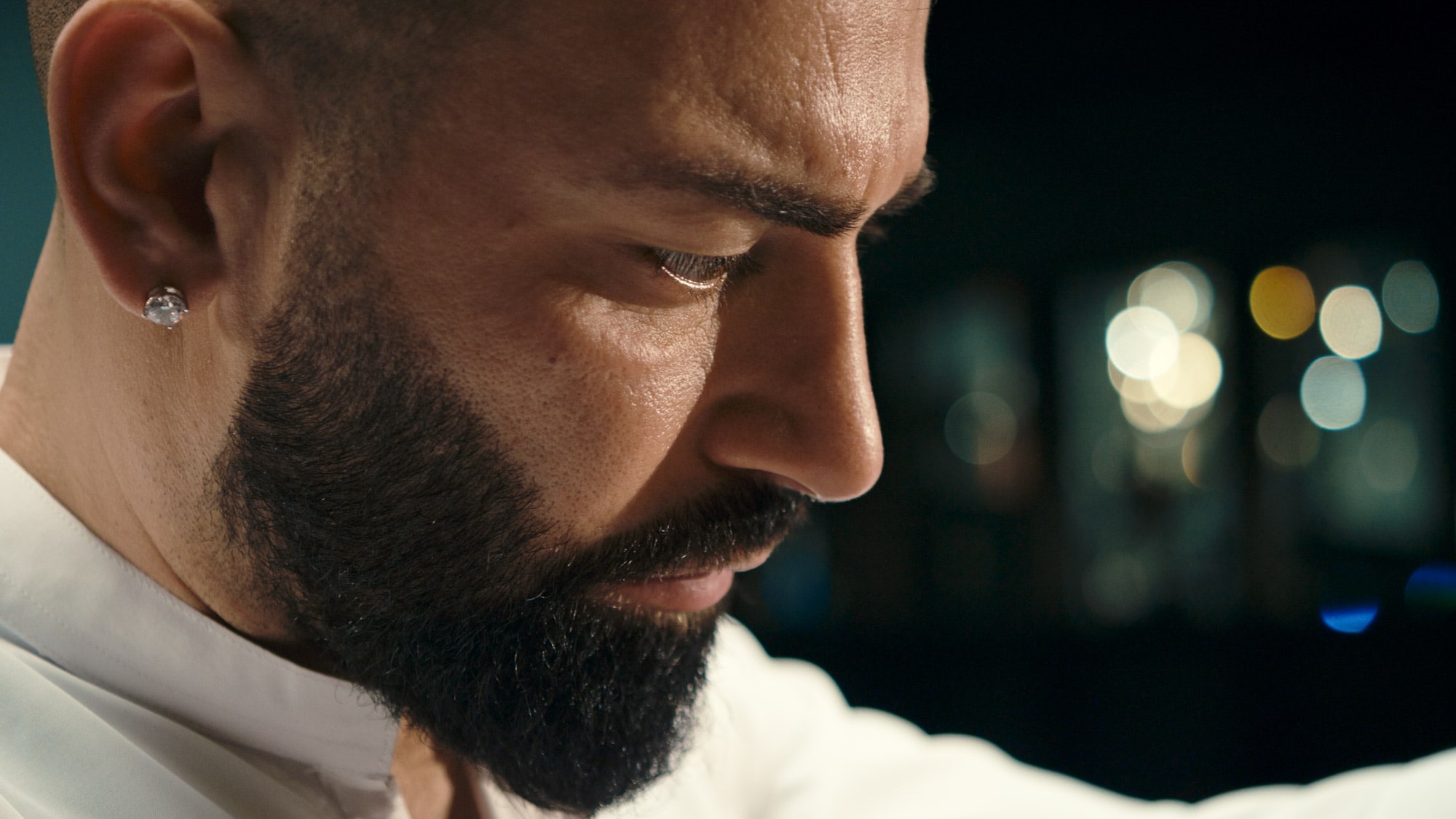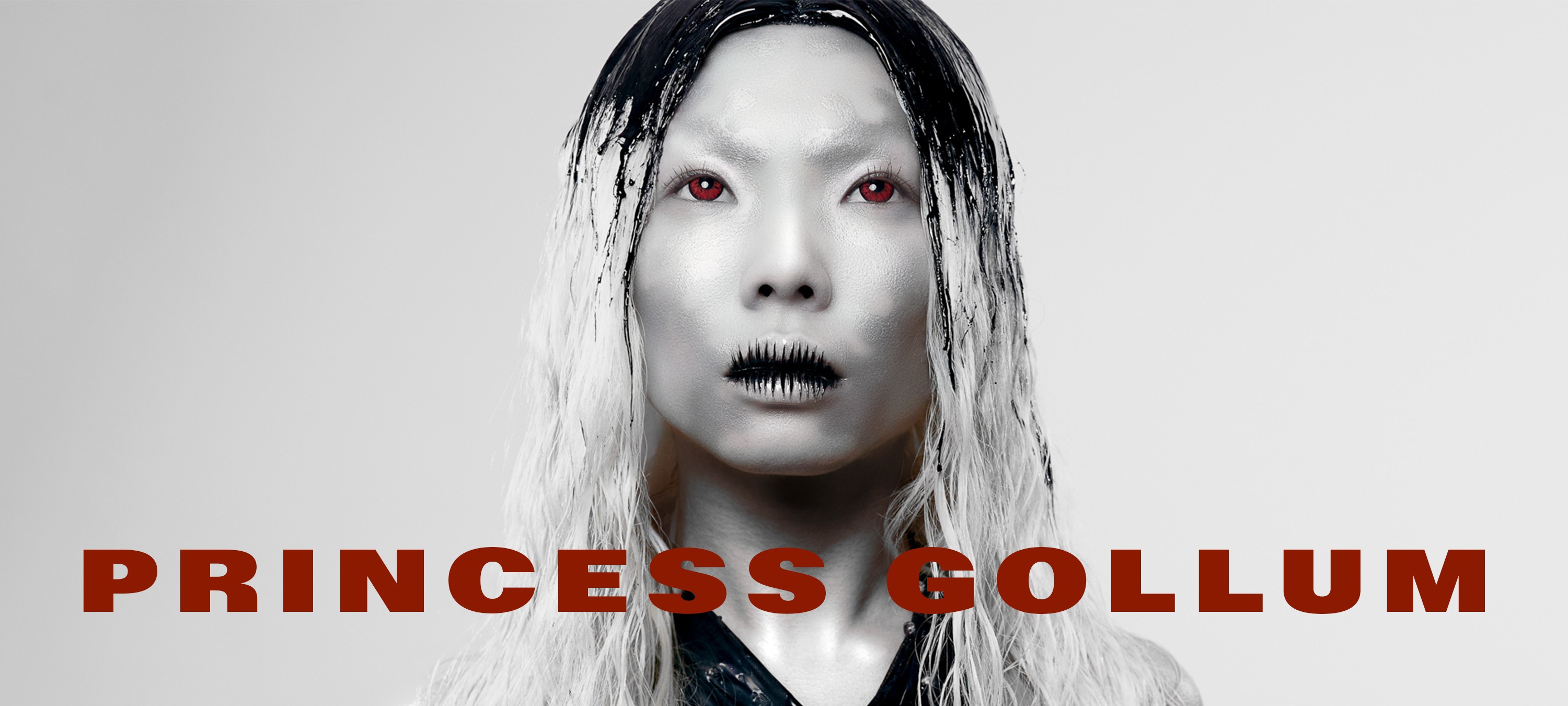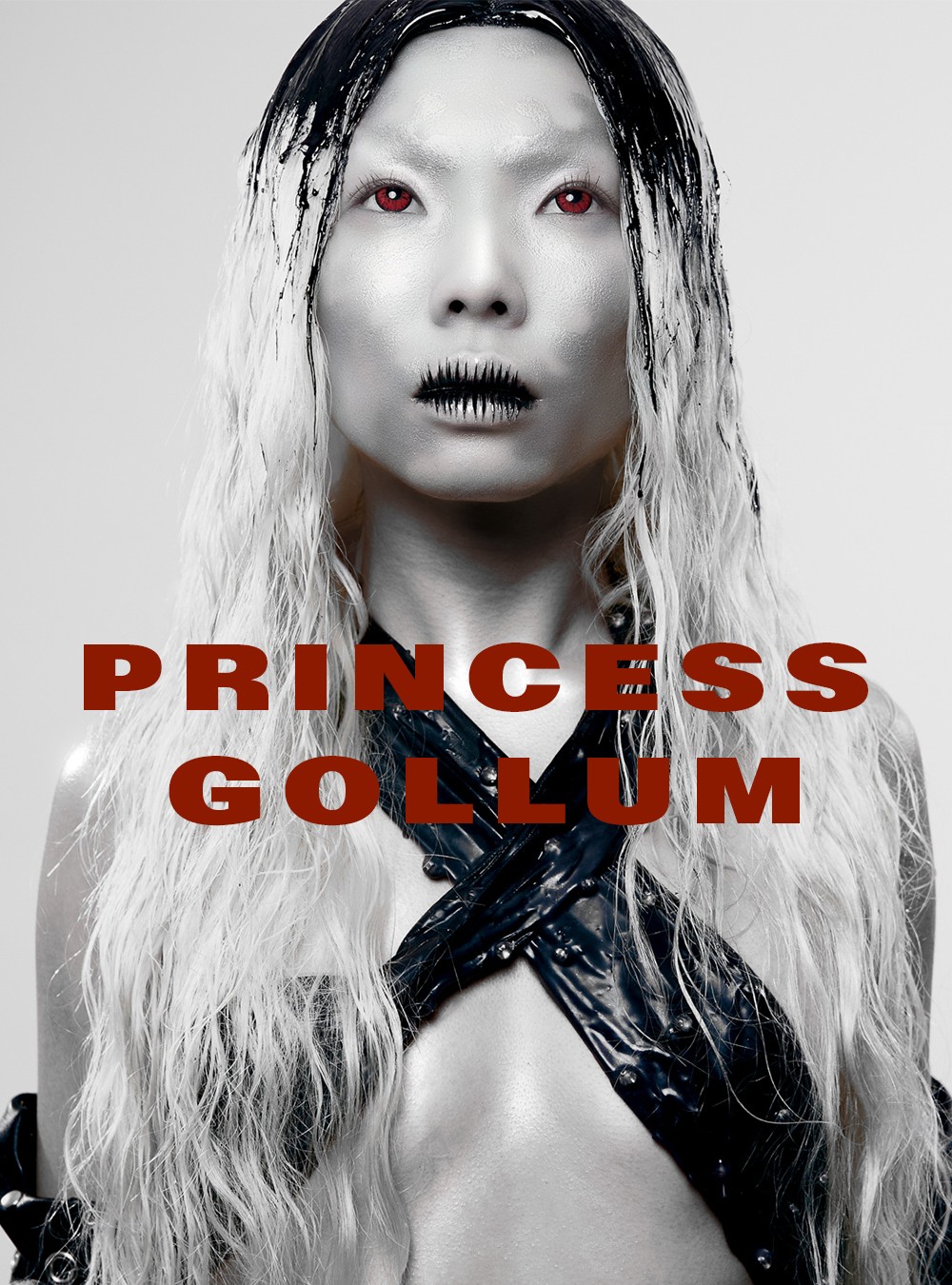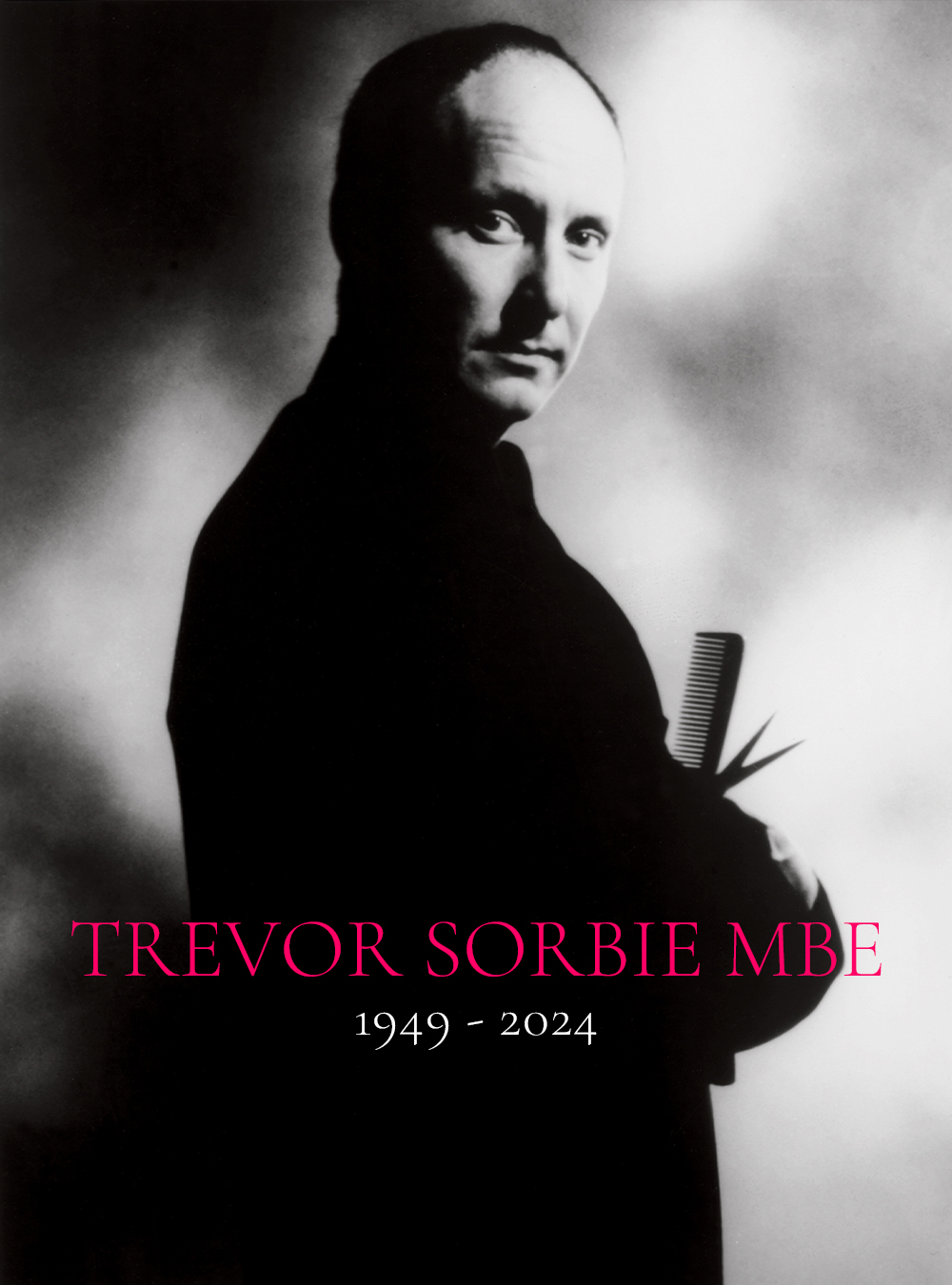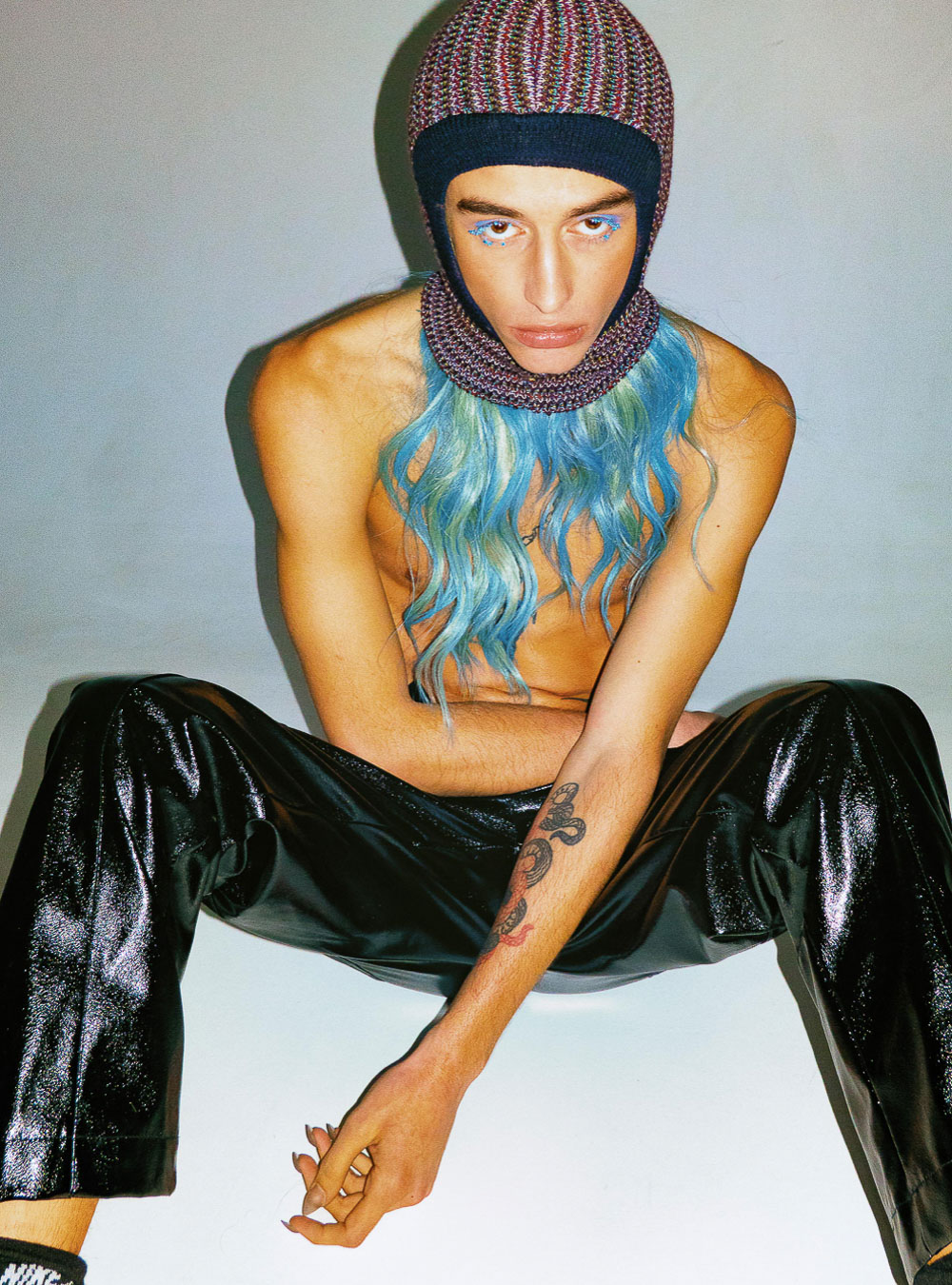PEOPLE: Barber King Senol Erdogan on the increasing demand for Turkish barbershops and how they’re updating British ideas of masculinity
Film: Serkan Nihat
Special thanks: Senol “Barber King” Erdogan
“My name is Senol. People call me the barber king.” The self-assured barber flicks his scissors around his thumb with a hint of a cheeky grin. Having cut hair since he was 9, a tattoo on his forearm reminds him of that first client that set him upon this path–Yasam, his childhood best friend. “And the best man for my weddings. I’ve been married three times,” he recalls, joking, “I’m a better barber than I am a husband.”
A ferocious work ethic has built Senol’s business into what it is today, and he’s extremely proud of the practices that make it unique. “When you go to the Turkish barber shop, it’s the full package. Shave, haircut, eyebrow threading, beard colour, face mask, waxing the nose hairs, hot towel shave, ear singe, neck massage, head massage, arm massage…”
With talents and determination inherited from his father, Barber King Senol grew up in the coastal Turkish city of Izmir. Going to the salon, getting your eyebrows threaded or even your nails manicured may be considered as ‘unmanly’ by many Britons, where masculinity has often been synonymous with a more laissez-faire approach to beautification. On the contrary, Turkish men and women both value and regularly attend grooming treatments. With the history of Turkish bath houses, or hamam, grooming, the upkeep of personal hygiene and appearance have been much more deeply ingrained in the culture than in the UK.
Now Turkish barber shops are increasingly becoming a norm on the British high streets, and clients are catching onto the drama-infused wellness lifestyle on offer. Even the most traditionally masculine clients like footballers appreciate the full pampering package. Rio Ferdinand, the first footballer to get the full Senol service, was so pleased with the henna dye treatment that corrected his beard patches that it wasn’t long until his fellow footballers were jostling to book in with the Barber King.
However unique, the service is also equalising, and in this regard Senol finds something in common with other barbers. “Why are barbershops different to salons?” He asks. “It’s not exclusive. Our doors are open to everyone. In the waiting area, you can see teachers, lawyers, electricians, footballers, homeless–everybody is equal here.” The long days working until midnight in his early career, serving anyone who came in, even past closing time, have definitely paid off. Senol has travelled around the world, flying out to cut hair for celebrities. With no sign of slowing down, he remembers solemnly the mantra his father taught him: “Don’t be afraid of work. Let work be afraid of you.”
Barber King is located at 74 Baker Street, London W1U 6TB
- ANTHROPOLOGY OF HAIR
- ANTHROPOLOGY OF HAIR
- ANTHROPOLOGY OF HAIR
- ANTHROPOLOGY OF HAIR
- ANTHROPOLOGY OF HAIR
